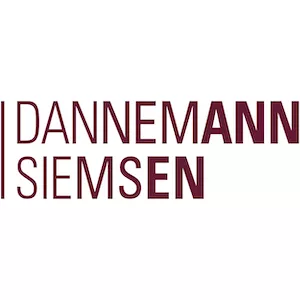- within Intellectual Property topic(s)
FIFA has recently announced that Brazil will host the 2014 World Cup. While attention was initially on FIFA's requirements for infrastructure, security and education, another matter must be analyzed given its economic importance: the legal framework for marketing.
It must be noted that for events like the FIFA World Cup, sponsors provide approximately 35% of total revenue. To this end, FIFA offers exclusive sponsorship quotas for a limited number of companies while implementing its worldwide Rights Protection Program.
This program mainly targets ambush marketing, that consist on associating a company's image with an enormously popular event without giving the organizer due financial support. Direct association by a company not connected with the event's organization is considered illegal.
In this regard, the bundle of rights that FIFA offers to its official sponsors consists mainly on the following: the right to expose its marks around the stadiums, in all of FIFA's official publications and on its official website, www.fifa.com, as well as the right to market itself as an official sponsor of the event.
The question remains whether the leading soccer entity will find in Brazilian law tools for implementing its Rights Protection Program. We believe it will.
Industrial Property Law No. 9279/96, in its Article 129, ensures trademark owners exclusive use of their marks throughout the country's territory. Its Article 124, Subparagraph XIII establishes that no sports event's name, trophy or symbol, nor any imitation liable to create confusion, may be registered unless this is authorized by the competent authority or event promoter.
Regarding effective measures for repressing piracy, both IPL and the Criminal Code establish legal means for controlling trademark counterfeiting and violation of copyrights protecting mascots, for example. Among other, this allows for the search and seizure of counterfeit goods and customs inspection of merchandise entering the country.
Lastly, the civil code itself treats unjustified profiting practices, which may serve as an additional tool for ensuring FIFA's rights to commercially exploit its main event.
However, these legal provisions do not provide FIFA the absolute right to impede any form of marketing by association with the event. Rather, they control direct association through registration and use of official marks and symbols, sales of counterfeit mascots and other practices that lead consumers to believe a company is an official event sponsor.
Indirect associations, such as the use of soccer as a marketing theme, or even use of the word "cup" in its intrinsic meaning, must be analyzed in the overall context of the advertising campaign. It only will be characterized as a violation if proven that there is unjustified profiting, under penalty of legitimating abuse rights by FIFA.
In light of the foregoing, although there is always room for improvement, from a legal standpoint Brazil may be considered equipped to host the FIFA World Cup.
The content of this article is intended to provide a general guide to the subject matter. Specialist advice should be sought about your specific circumstances.


